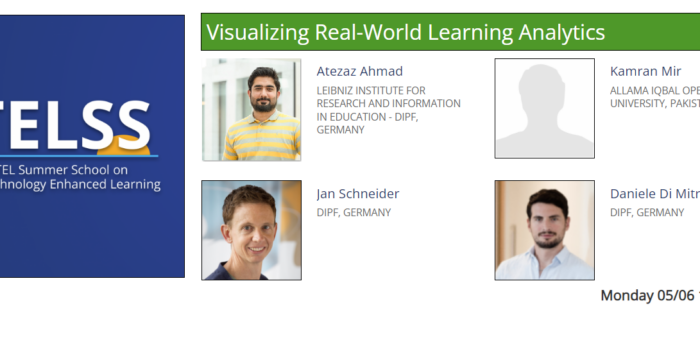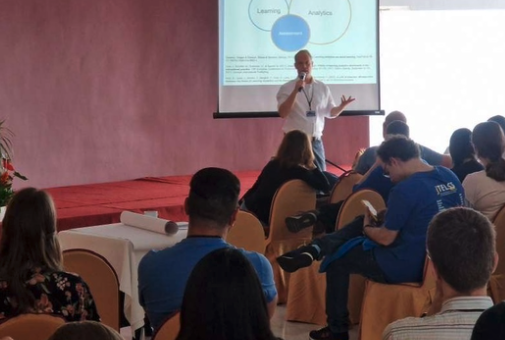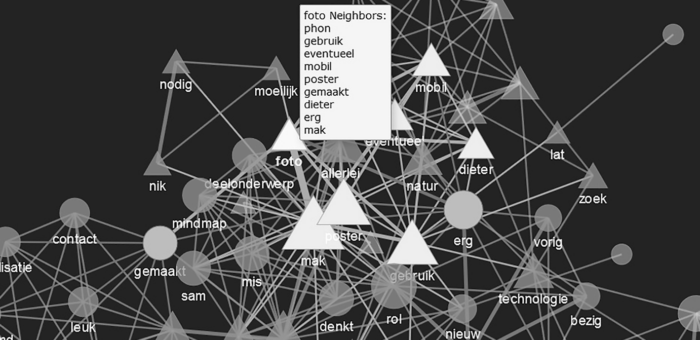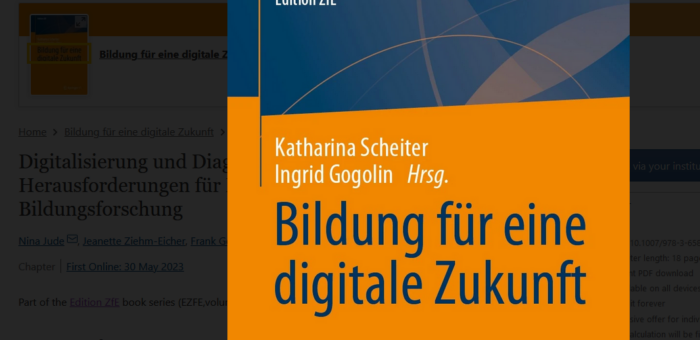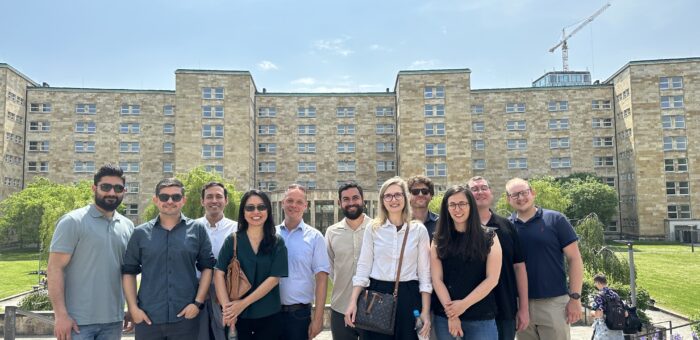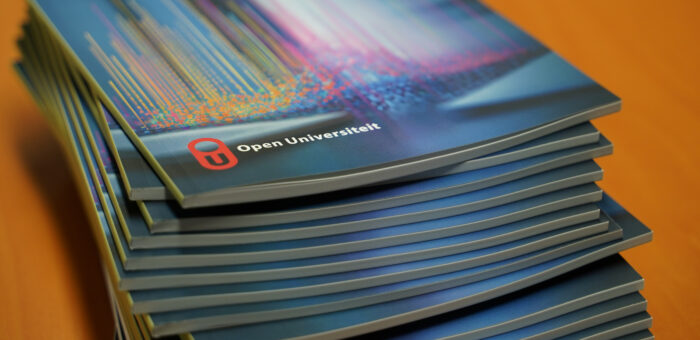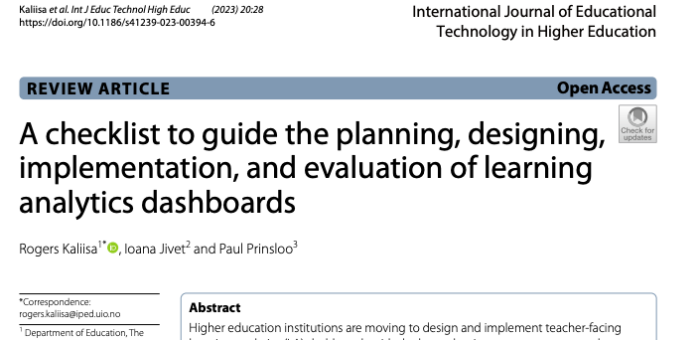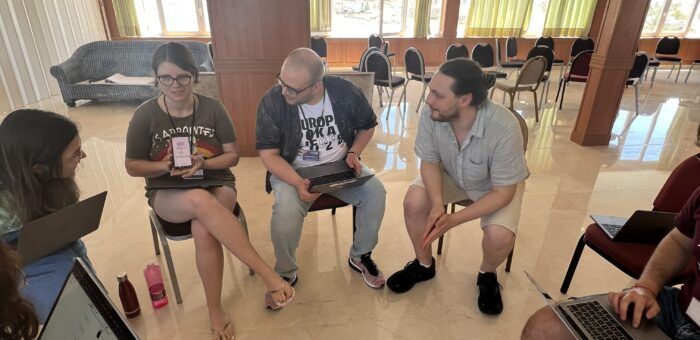
Workshop: Hyperchalk – How to implement Self-hosted Whiteboard Tasks @ JTEL Summer School 2023
Artificial Intelligence, Computer-supported collaborative learning, Learning Analytics, Summer School, Workshop
In this workshop which Lukas Menzel and I gave at the seventeenth JTEL Summer School, we explored the possibilities of our self-implemented whiteboard tool Hyperchalk. Hyperchalk is a backend for Excalidraw which allows for integrating learning management systems via LTI and collecting a complete history of trace data. After a short kick-off presentation, we let the participants design their own learning activities using the whiteboard. All participants created little tasks that other participants then solved. As most participants had a strong background in teaching, these were inspired by practical experiences. The tasks involved various topics, from stochastics to K12-level geography. At the end of the workshop, we taught the participants how to administrate the tool and how to set it up on their own servers. Overall, it was a successful…

